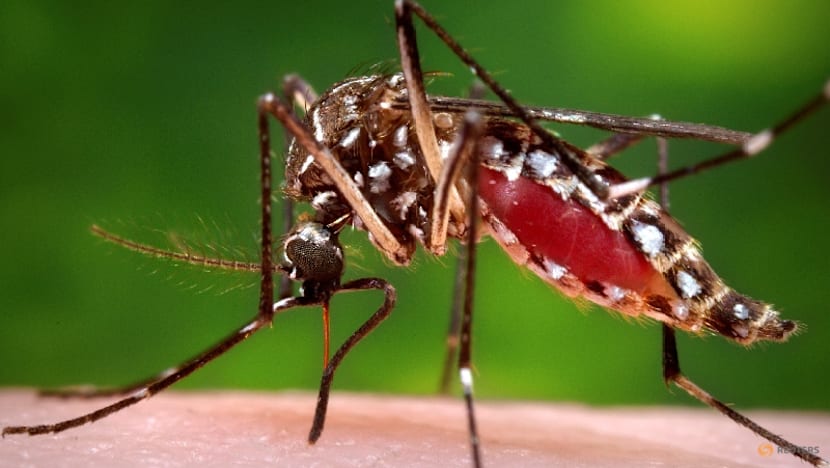Mosquitoes discovered in Iceland for first time

REYKJAVIK: Mosquitoes have been discovered in Iceland for the first time, marking a surprising development for one of the world’s few mosquito-free places, a researcher told AFP on Monday (Oct 20).
Three Culiseta annulata mosquitoes were located and included two females and one male. They were found about 30 kilometres north of the capital Reykjavik, according to Matthias Alfredsson, an entomologist at the Natural Science Institute of Iceland.
“They were all collected from wine ropes aimed at attracting moths,” Mr Alfredsson said in an email, referring to a method that uses sugar-heated wine absorbed into ropes or strips of fabric to lure insects.
FIRST RECORD IN NATURAL ENVIRONMENT
Along with Antarctica, Iceland has long been one of the few places on earth without a mosquito population.
“It is the first record of mosquitoes occurring in the natural environment in Iceland. A single Aedes nigripes specimen, an arctic mosquito species, was collected many years ago from an aeroplane at Keflavik airport,” Mr Alfredsson said. “Unfortunately, that specimen is lost.”
He said the latest finding could “indicate a recent introduction to the country, possibly via ships or containers”. However, he noted that further monitoring in spring would be needed to determine whether the species would spread or establish a population.
SPECIES ADAPTED TO COLD CONDITIONS
Rising temperatures, longer summers and milder winters linked to climate change have made northern regions more suitable for mosquito survival.
But Mr Alfredsson said he did not believe the discovery was a direct result of warmer weather.
The species “appears to be well adapted to colder climates”, he said, explaining that this resilience “allows them to withstand long, harsh winters when temperatures drop below freezing”.
He added that the insect’s “diverse breeding habitats further enhance its ability to persist in Iceland’s challenging environment”.















